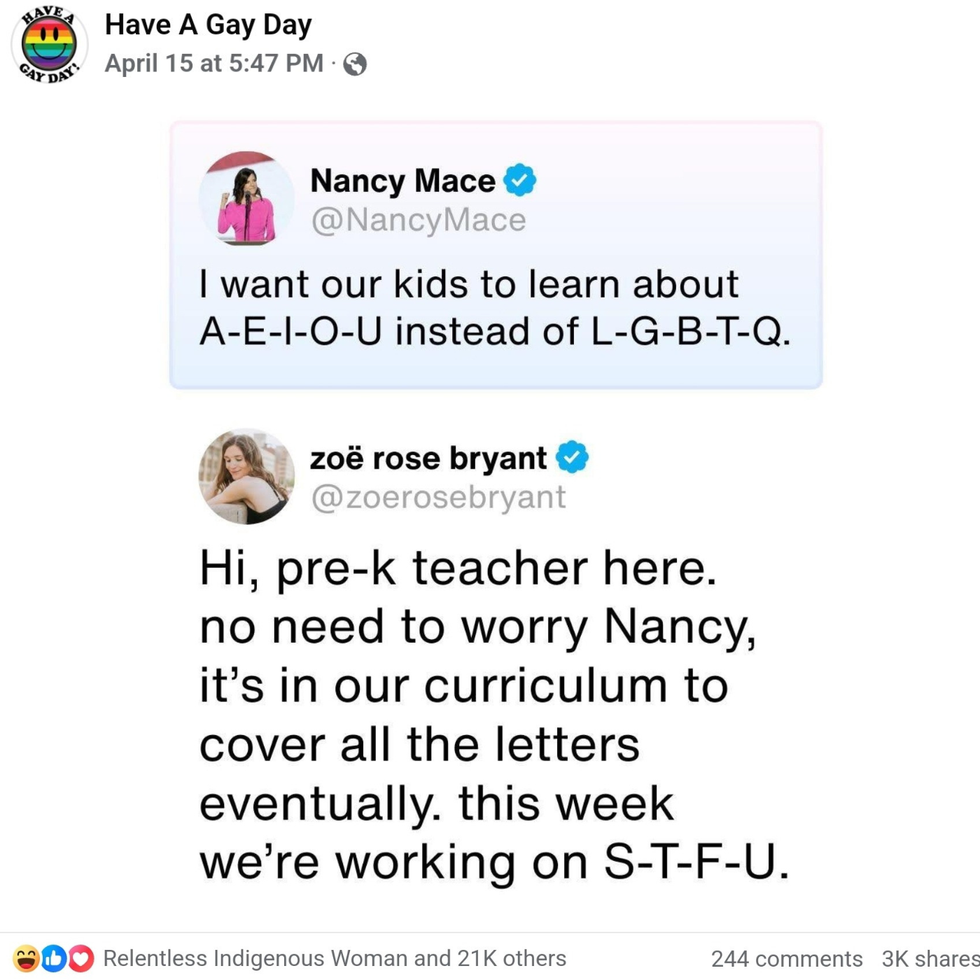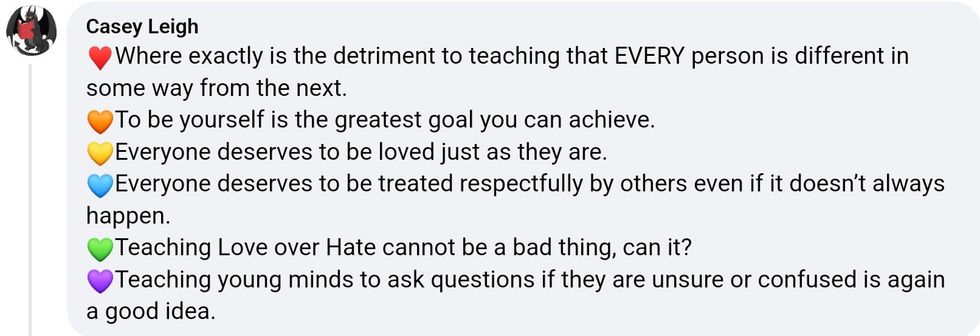A recent Wall Street Journal article describes a surge in imports of human semen from the United States into Brazil with a preference for sperm that will produce offspring with blue eyes and fair skin. This bias towards Caucasian traits is predicated on the belief that race has a profound impact on one’s economic standing in Brazil.
It is estimated that 80 percent of Brazil’s top wealthiest 1 percent are white. Unfortunately, there is a perceived correlation between social class and skin color in Brazil, which was the last Western country to ban slavery in 1888.
In fact, during the slave trade, Brazil imported ten times more African slaves than the United States, which is reflected in the current population, 50 percent of which is either black or mixed race.
This cultural bias extends far into Brazil’s past, where the early governing elites overtly attempted to “whiten” the population in the 19th and 20th centuries by encouraging whites to immigrate to the country and thereby concentrate the wealth among fair-skinned individuals.
Even now, children with fairer skin have a leg up in Brazilian society, where their prospects are better for higher salaries and better treatment by the police.
Brazil recently imported over 500 vials of semen from the United States, which is a significant increase from the 16 vials shipped to Brazil in 2011. Almost all of these semen donations come from men of Caucasian descent, with two-thirds characterized as blond and more than 52% characterized as blue-eyed.
The Seattle Sperm Bank, which provides approximately 25% of the semen samples imported by Brazil, reports that the majority of sperm donations that are sold come from donors with blond hair and blue eyes.
The pattern and preference of the wealthiest Brazilians possessing Caucasian features are reinforced by the costs of the sperm donations. It is estimated that Brazilians pay about $1500 per vial of sperm and that a single in vitro fertilization attempt costs about $7000. Due to these high costs and the racially correlated income disparity in Brazil, white Brazilians are more likely to be able to afford the procedure and the highly valued Caucasian sperm donations, thus perpetuating the racial economic divide.
The article further examined who received these semen donations. While many were heterosexual couples, single women and same-sex couples seeking Caucasian sperm donors far outnumbered them. The demand for these sperm donations has skyrocketed for same-sex couples.
That Brazilians seek Caucasian features in their offspring is, unfortunately, explained by the economic and social divide. But why American sperm? The answer to that is quite simply the greater information available about the donors.
In Brazil, it is illegal to submit a semen donation for monetary reimbursement. Therefore, there are relatively few domestic stocks of semen samples from Brazilian citizens with Caucasian features. Due to the legal issues in Brazil surrounding sperm donations, there is usually limited information on the donors themselves.
In contrast, the recipients who can afford American sperm donations are often provided with nearly 30 pages of information on a single donor alone. Less well-off Brazilians are forced to seek out potential donors online through Facebook or other websites, where there is considerably less vetted information on a particular donor.
All of this makes the nation of Brazil an intriguing eugenics experiment, as it has continually sought to augment the “caucacity” of its society’s gene pool: once, through the bolstering of the number of white immigrants and now through the number of white sperm donations.
If this trend in Brazilian society continues, certain forms of genetic polymorphisms may be amplified, which can have profound impacts on multiple aspects of an organism’s biology such as susceptibility to certain diseases and the development of congenital disorders. Such problems are less likely to arise with a more diverse gene pool, which this current trend will diminish.
















 Have A Gay Day/Facebook
Have A Gay Day/Facebook Have A Gay Day/Facebook
Have A Gay Day/Facebook Have A Gay Day/Facebook
Have A Gay Day/Facebook Have A Gay Day/Facebook
Have A Gay Day/Facebook Have A Gay Day/Facebook
Have A Gay Day/Facebook Have A Gay Day/Facebook
Have A Gay Day/Facebook Have A Gay Day/Facebook
Have A Gay Day/Facebook Have A Gay Day/Facebook
Have A Gay Day/Facebook Have A Gay Day/Facebook
Have A Gay Day/Facebook Have A Gay Day/Facebook
Have A Gay Day/Facebook Have A Gay Day/Facebook
Have A Gay Day/Facebook Have A Gay Day/Facebook
Have A Gay Day/Facebook Have A Gay Day/Facebook
Have A Gay Day/Facebook Have A Gay Day/Facebook
Have A Gay Day/Facebook Have A Gay Day/Facebook
Have A Gay Day/Facebook Have A Gay Day/Facebook
Have A Gay Day/Facebook Have A Gay Day/Facebook
Have A Gay Day/Facebook Have A Gay Day/Facebook
Have A Gay Day/Facebook @zoerosebryant/X
@zoerosebryant/X